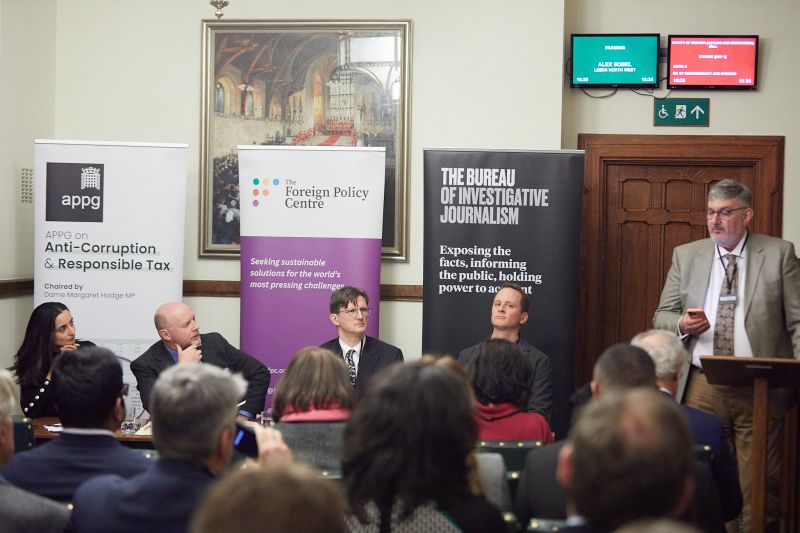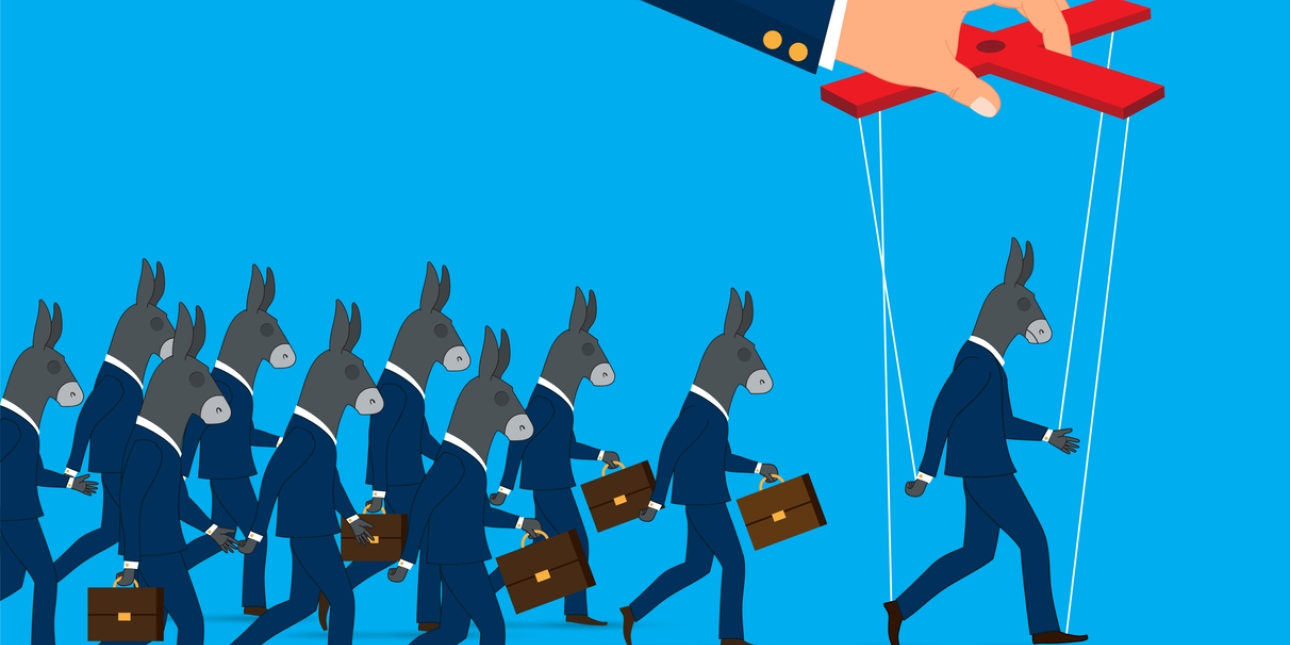PR’s role in the UK’s dirty money problem
A new report finds that public relations enables overseas kleptocrats to flow dirty money around the UK. It’s time for the industry to get on top of this
Last week, I visited Parliament to introduce the launch of What’s the Risk? PR & Communication Agencies and Kleptocracy, a report by the Foreign Policy Centre about the role some PR agencies unfortunately play in enabling kleptocrats to launder their money in the UK.
Kleptocrats – aka an influential person who abuses their power in order to steal – are a persistent problem in the UK. Despite 2022’s Economic Crime Act aiming to clean up dirty money flowing through London (the report was launched in the aftermath of Russia’s invasion of Ukraine), the UK is still seen as an enabler of corrupt regimes.
The Foreign Policy Centre report makes for uncomfortable reading. It finds public relations is a professional enabler that has allowed kleptocratic wealth to enter and thrive in Britain. It also eloquently highlights the reasons why PR is particularly vulnerable to penetration by kleptocrats – it lacks the firm oversight of statutory regulation; there are many sole practitioners and small agencies who are not well prepared for the risks; as a sector we do not generally undertake rigorous ‘Know Your Client’ procedures before taking on a contract.
Enabling corrupt players
As the report found out, many PR agents are currently laundering the reputation of corrupt players from overseas, helping them establish networks within the UK.
Public relations – as a tool that supports organisations, individuals, and countries to build their reputations – is more powerful than ever and the industry in the UK is globally acclaimed as a centre of excellence. What’s the Risk? highlights there is no shortage of demand for our services, but it also shows that this demand can come from people who have very different values to us.
We must be clear that if we don’t get on top of this issue there are consequences for all of us. A few weeks ago, Transparency International revealed that in 2023 the UK had fallen to its lowest ever score on its Corruption Perceptions Index, and our score has been falling steadily since 2017.
Clean places attract dirty actors, and it is imperative that the PR industry, along with the other professional bodies, regulators and government, work actively to make the UK a hostile environment for kleptocrats.
The CIPR received a royal charter in 2005 because we committed ourselves “to promoting for the public benefit high levels of skill, knowledge, competence, and standards of practice and professional conduct on the part of public relations practitioners”. Our support for What’s the Risk? stems from this commitment, and it will drive our future work to address the problem of PR and kleptocracy.
We will continue to play our part and are keen to work with others to ensure that people in our industry are on their guard, alert to the risks, and that the days of Britain as a world centre of reputation-laundering are well and truly numbered.
Alastair McCapra is chief executive of the CIPR. Download the What’s the Risk? PR & Communication Agencies and Kleptocracy report.

.jpg&w=728&h=90&maxW=&maxH=&zc=1)
